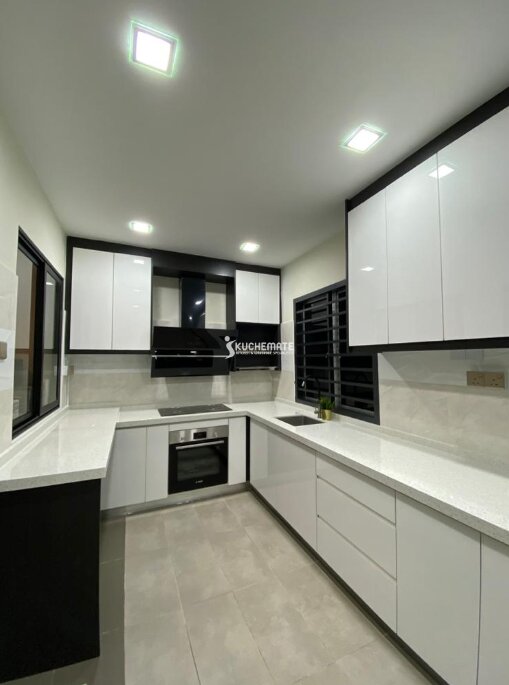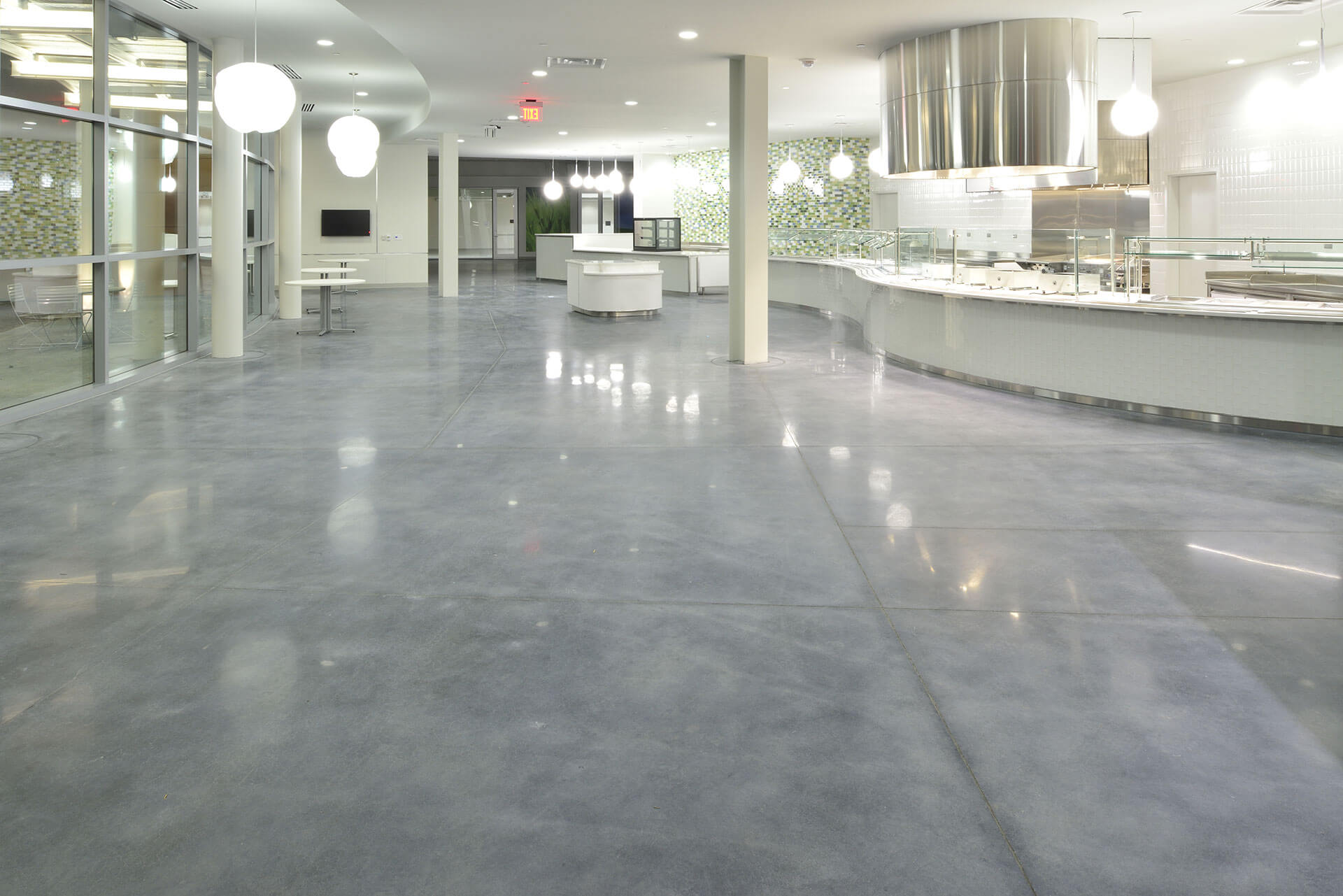The Ultimate Guide to Choosing the Best Mortars for Bath Tiles

Installing tiles in a bathroom requires more than just aesthetic considerations—it demands functionality and durability. One of the most critical elements for ensuring your bath tiles remain secure and long-lasting is the proper use of mortars for bath tiles. With bathroom environments prone to high moisture levels, choosing the right mortar can prevent costly mistakes and ensure a professional finish.
This comprehensive guide explores the different types of mortars, their applications, and best practices for bath tile installation.
Understanding Bath Tile Mortars
What Is Tile Mortar?
Tile mortar is a bonding material used to adhere tiles to a surface. Unlike grout, which fills the gaps between tiles, mortar creates a strong adhesive layer that holds tiles firmly in place. It’s typically composed of cement, sand, and chemical additives to enhance its properties.
Why the Right Mortar Matters for Bathroom Tiles
Bathrooms are high-moisture areas, making them prone to water seepage and mold growth. Using the wrong mortar can result in loose tiles, water damage, and even structural issues. The right mortar ensures durability, moisture resistance, and a secure bond, providing peace of mind for years to come.
Types of Mortars for Bath Tiles
Thin-Set Mortars
Thin-set mortar is a versatile and widely used option for bathroom tiles. It’s easy to work with, offers excellent adhesion, and is suitable for most tile types, including ceramic and porcelain. Modified thin-set mortars contain added polymers, increasing flexibility and moisture resistance.
Epoxy Mortars
Epoxy mortars are a premium choice for bathrooms. Known for their exceptional strength, waterproofing, and chemical resistance, they are ideal for areas exposed to constant moisture, such as shower floors and walls. However, they can be challenging to work with and require precision.
Pre-Mixed Mortars
Pre-mixed mortars are convenient for small-scale projects or quick repairs. While easy to use, they are not always suitable for high-moisture areas or heavy tiles. Ensure the product is labeled for bathroom use before opting for this type.
Large Format Mortars
Large format tiles, often used for modern bathroom designs, require special mortars designed to support their weight. These mortars prevent sagging and ensure proper adhesion, especially on vertical surfaces.
Waterproof Mortars
Waterproof mortars are explicitly formulated for bathroom settings. They create an impenetrable barrier against water and are essential for areas like shower stalls and bathtub surrounds.
Key Factors in Selecting Mortars for Bath Tiles
Tile Type and Size
- Ceramic and Porcelain Tiles: Thin-set or waterproof mortar works well.
- Natural Stone Tiles: Often require specialized mortar to prevent staining or discoloration.
- Large Tiles: Use a large format mortar to prevent uneven surfaces.
Substrate Material
- Ensure the mortar is compatible with the substrate, whether it’s cement board, drywall, or existing tiles.
- Consider waterproof membranes to enhance durability.
Moisture Resistance
Bathrooms demand mortars with high moisture resistance to prevent water infiltration. Look for mortars with built-in mold inhibitors.
Ease of Application
Professional-grade mortars may offer superior performance but can be more challenging for DIY projects. Opt for a user-friendly mortar if you’re less experienced.
Preparing for Mortar Application
Surface Preparation
- Ensure the substrate is clean, dry, and level.
- Apply a waterproofing membrane for additional protection.
Mixing Mortar Properly
- Follow manufacturer instructions to achieve the right consistency.
- Avoid adding excessive water, which weakens the bond.
Tools You’ll Need
- Trowels, mixing paddles, spacers, and levels are essential.
- Keep a damp sponge nearby to clean excess mortar.
Step-by-Step Guide to Applying Mortar for Bath Tiles
Applying Mortar to the Surface
- Use a notched trowel to spread mortar evenly on the substrate.
- Ensure consistent coverage without gaps or air pockets.
Placing the Tiles
- Press tiles firmly into place, moving slightly to embed them in the mortar.
- Use spacers for uniform gaps between tiles.
Curing and Sealing the Mortar
- Allow the mortar to cure according to the manufacturer’s instructions before grouting.
- Seal the mortar for added moisture protection, if required.
Common Challenges and How to Solve Them
Tiles Not Adhering Properly
- Check the consistency of your mortar.
- Ensure the substrate is properly prepared and free of debris.
Cracking Mortar Joints
- Avoid using too much water in the mix.
- Use flexible mortars for areas prone to movement.
Dealing with Mold Growth in Mortar
- Use mortars with mold-resistant additives.
- Ensure proper ventilation in the bathroom to reduce humidity.
Pro Tips for Using Mortars for Bath Tiles
- Choosing the Right Trowel Size
Select a trowel based on tile size and mortar type. Larger tiles require deeper notches. - Working in Small Sections
Apply mortar to manageable areas to prevent it from drying before placing tiles. - Checking for Leveling as You Go
Use a level to ensure tiles are evenly placed, avoiding uneven surfaces later.
Main Key Takeaways
- Selecting the right mortars for bath tiles is crucial for durability and moisture resistance.
- Consider factors like tile type, substrate material, and moisture protection when choosing a mortar.
- Proper preparation, application, and curing are essential for successful tile installation.
FAQs on Mortars for Bath Tiles
1. What is the best mortar for shower tiles?
Epoxy mortar or waterproof thin-set mortar is ideal for showers due to their high moisture resistance.
2. Can I use regular thin-set mortar in a bathroom?
Yes, but ensure it is modified with polymers for better moisture protection.
3. How long should mortar cure before grouting bathroom tiles?
Typically, 24-48 hours, but refer to the manufacturer’s recommendations for the best results.
4. What’s the difference between mortar and adhesive for tiles?
Mortar is cement-based and used for bonding tiles to surfaces, while adhesive is often ready-to-use and may be more suitable for smaller, less moisture-prone areas.
5. Do I need waterproof mortar for all bathroom areas?
Waterproof mortar is essential for areas with direct water exposure, like showers and bathtub surrounds, but not always necessary for dry bathroom walls.





